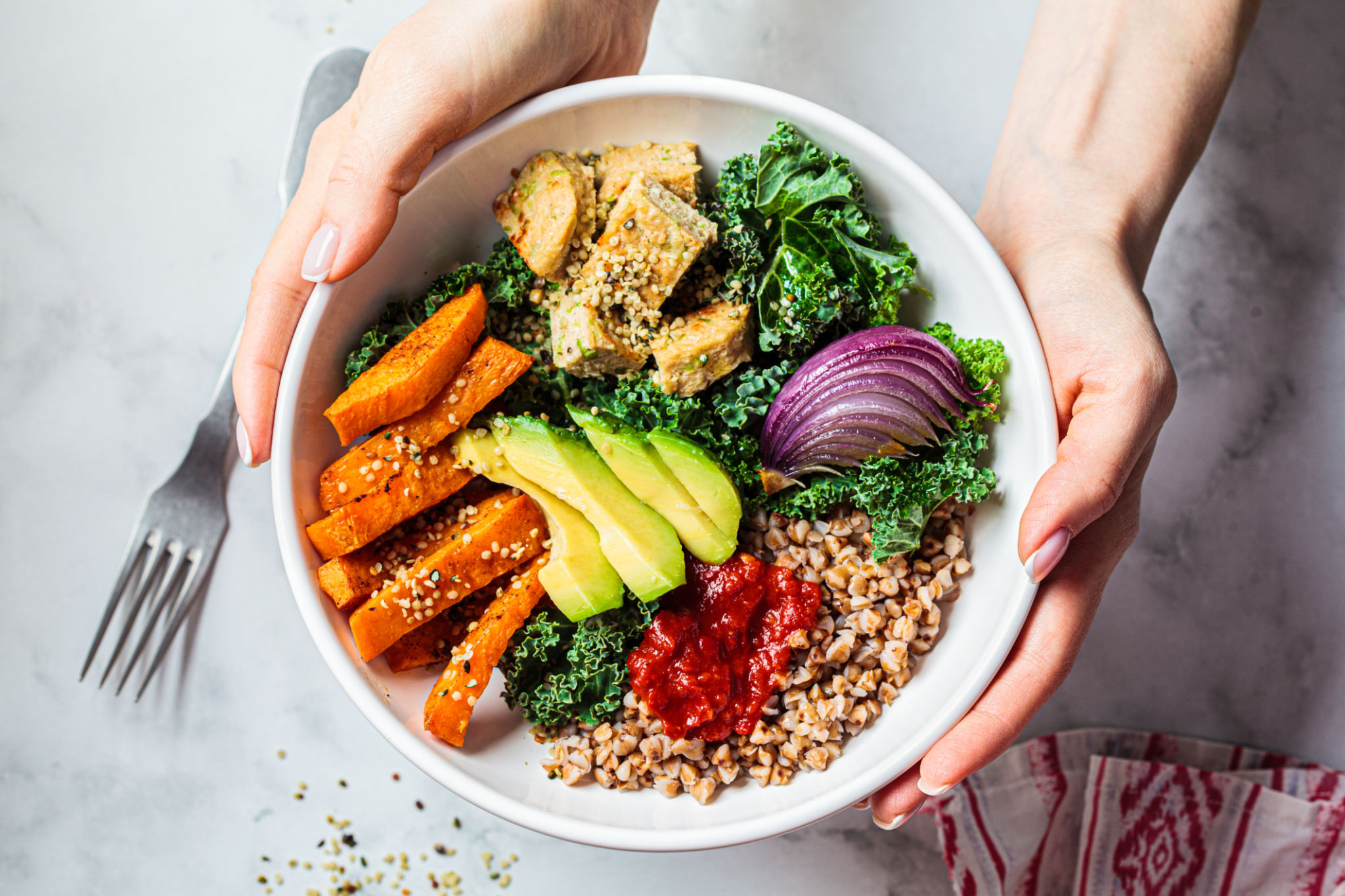How Rest and Nutrition Work Together to Enhance Athletic Performance
The Symbiotic Relationship Between Rest and Nutrition
Athletic performance is often seen as a complex puzzle where every piece must fit perfectly to achieve optimal results. Among these pieces, rest and nutrition play crucial roles that are intrinsically linked. Understanding how they work together can help athletes maximize their potential and sustain their performance over time.

The Importance of Rest in Athletic Performance
Rest is not merely the absence of activity; it is an active recovery stage where the body repairs and strengthens itself. During rest periods, muscles rebuild and grow stronger, allowing athletes to push harder and improve over time. Adequate sleep also contributes to mental clarity, focus, and overall well-being, which are essential for peak performance.
Lack of rest can lead to fatigue, increased injury risk, and decreased motivation. To prevent this, athletes should prioritize sleep and incorporate rest days into their training schedules. This balance ensures the body has enough time to recover, improving performance in the long run.
The Role of Nutrition in Supporting Rest
Nutrition provides the fuel necessary for both activity and recovery. What athletes consume directly influences how effectively they can recover during rest periods. A diet rich in proteins, healthy fats, and carbohydrates can aid muscle repair and replenish energy stores.

Hydration is equally important, as water helps transport nutrients throughout the body and aids in waste removal. Consuming the right nutrients at the right time can enhance the quality of rest and recovery, contributing to better performance during training sessions.
Combining Rest and Nutrition for Optimal Results
To harness the combined power of rest and nutrition, athletes should consider the following strategies:
- Plan balanced meals: Ensure meals contain a mix of macronutrients to support recovery and energy needs.
- Prioritize sleep: Aim for 7-9 hours of quality sleep each night to allow the body ample time for recovery.
- Stay hydrated: Drink plenty of fluids before, during, and after exercise to maintain hydration levels.
- Schedule rest days: Integrate regular rest days into training plans to avoid burnout and overtraining.

Understanding Individual Needs
Every athlete is unique, with different nutritional needs and rest requirements. Factors such as age, gender, sport type, and training intensity can influence these needs. Therefore, athletes should tailor their rest and nutrition strategies to fit their individual circumstances, often benefiting from the guidance of sports nutritionists and coaches.
An individualized approach ensures that athletes receive the right balance of nutrients and rest needed to support their specific performance goals. This personalized plan can lead to more effective recovery, enhanced performance, and reduced risk of injury.
The Psychological Benefits of Rest and Nutrition
Beyond physical benefits, rest and nutrition also offer significant psychological advantages. Adequate rest improves mood and cognitive function, helping athletes maintain focus during competitions. Proper nutrition supports brain health, which is critical for decision-making and strategy execution during high-pressure situations.
An athlete's mental state is as important as their physical readiness. By nurturing both through proper rest and nutrition, athletes can enter competitions with confidence and clarity.
Conclusion
The collaboration between rest and nutrition is a cornerstone of athletic excellence. By prioritizing these elements alongside rigorous training, athletes can enhance their performance holistically. Understanding how they complement each other allows athletes to unlock their full potential, ensuring longevity and success in their athletic endeavors.